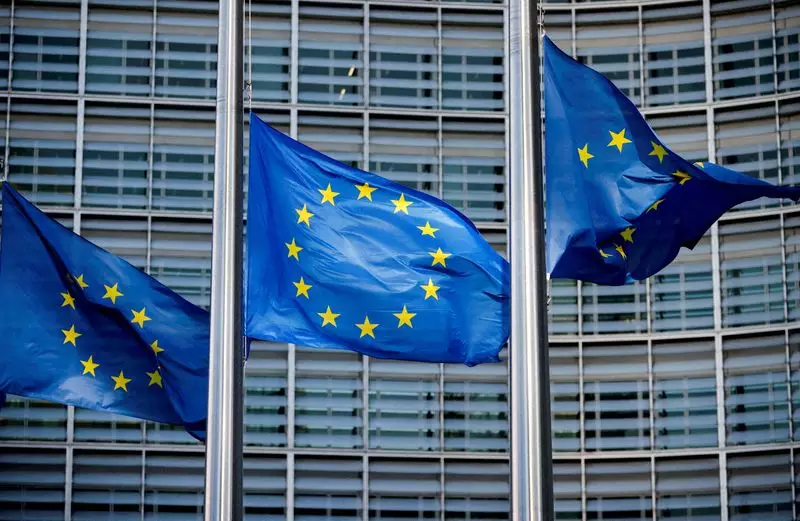Amidst the ongoing conflict in Ukraine, European Union countries have agreed upon a 14th package of sanctions against Russia. This latest set of sanctions includes restrictions on Russian gas, a significant move in response to Russia’s aggression in the region.
The newly imposed sanctions include a ban on re-exports of Russian liquefied natural gas (LNG) in EU waters. While imports of Russian gas have not been completely banned, the restrictions on re-exports are an attempt to increase pressure on Russia. However, experts in the gas market suggest that the impact of these measures may be limited, as only a small portion of Russian LNG exports are trans-shipped via EU ports to Asia.
Additional Measures Taken
In addition to the restrictions on Russian gas, the EU sanctions also target three Russian LNG projects and include a clause that allows Sweden and Finland to cancel existing Russian LNG contracts. Furthermore, the package tightens measures against the shadow fleet, which is involved in moving Russian oil outside the price cap set by the Group of Seven (G7) nations. This move is aimed at curbing illicit activities related to the transportation of Russian oil.
European Commission President Ursula von der Leyen has expressed support for the new sanctions, stating that they will further deny Russia access to key technologies and reduce its energy revenues. Von der Leyen also emphasized the importance of tackling President Vladimir Putin’s shadow fleet and shadow banking network abroad. The EU is determined to disrupt Russia’s ability to engage in activities that could support its military endeavors.
Debates and Compromises
The decision to impose these sanctions followed lengthy debates among EU countries, with some measures being watered down to accommodate the concerns of certain member states. For example, Germany pushed for an impact assessment before implementing a proposed measure that aimed to prevent the re-export of goods to Russia by EU companies’ subsidiaries in third countries. While this measure was dropped for the time being, it may be revisited in the future.
Expanding the Sanctions List
The latest package of sanctions adds 47 new entities and 69 individuals to the EU’s sanctions list, bringing the total to 2,200. This demonstrates the EU’s commitment to applying pressure on Russia and holding those responsible for the conflict in Ukraine accountable for their actions. The package is expected to be formally approved during a meeting of EU foreign ministers scheduled for Monday.
The European Union’s decision to impose new sanctions on Russia reflects the ongoing efforts to address the conflict in Ukraine. By targeting Russian gas exports and expanding the list of sanctioned entities, the EU aims to increase pressure on Russia and disrupt its ability to engage in illicit activities. The impact of these sanctions remains to be seen, but it is clear that the EU is committed to taking action in response to Russia’s actions in the region.

